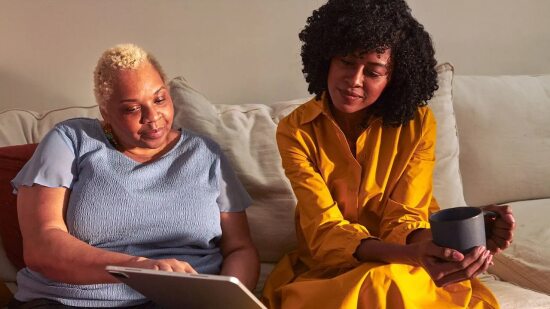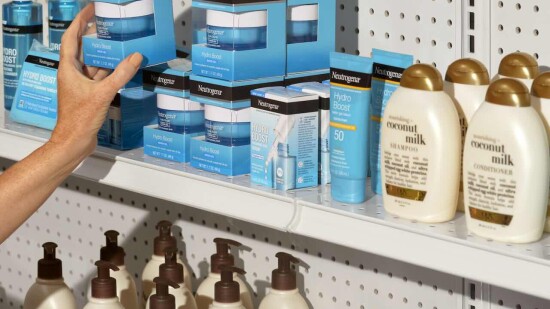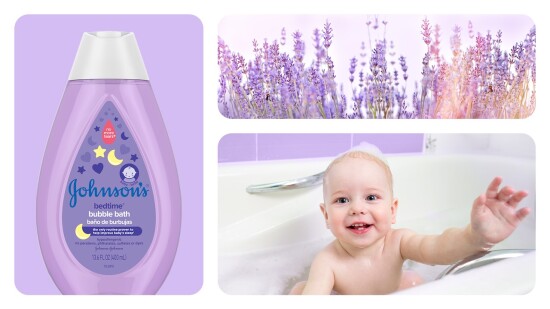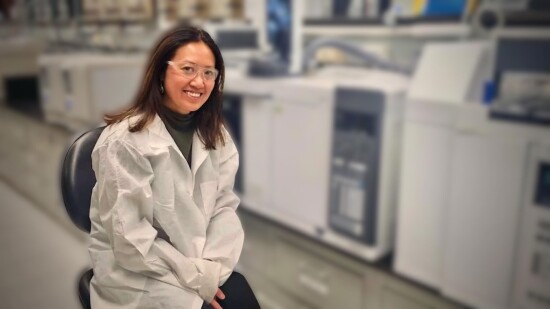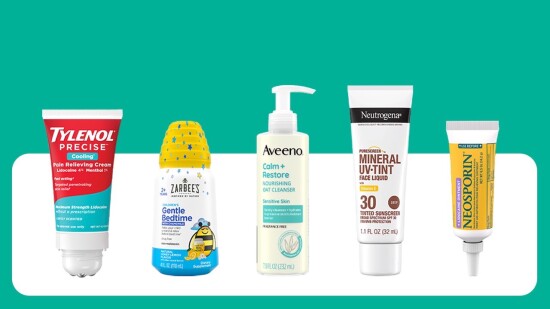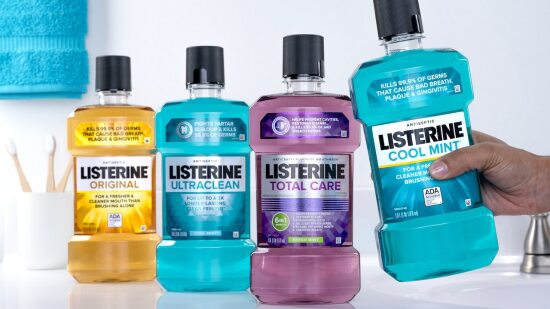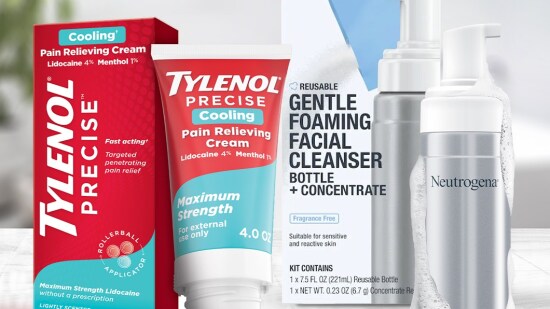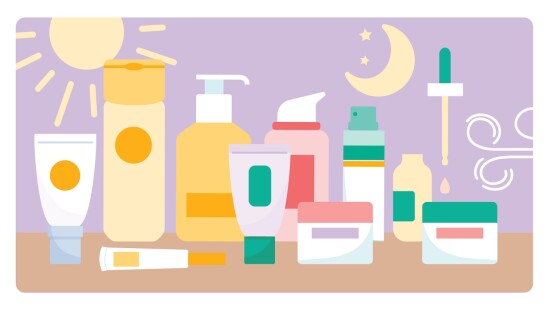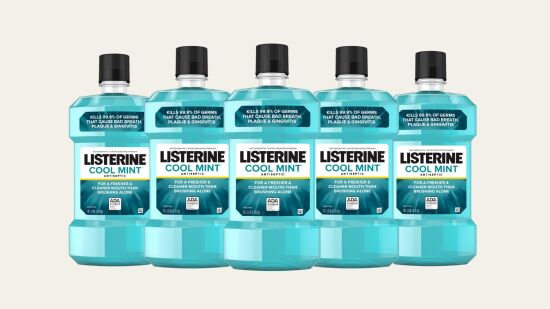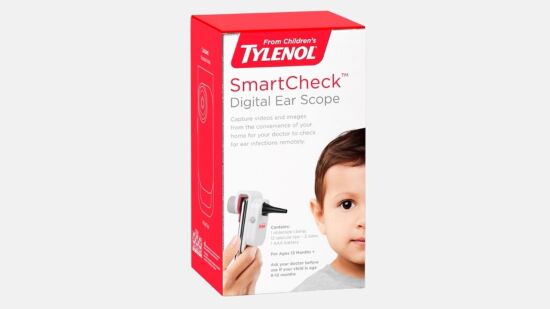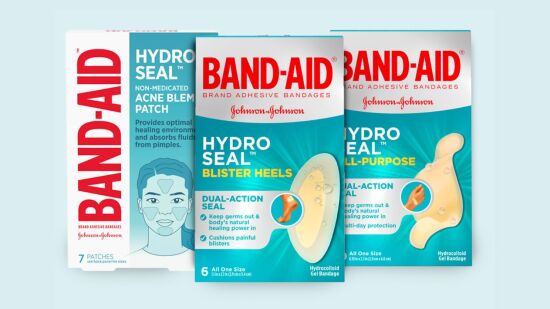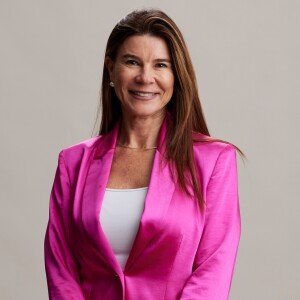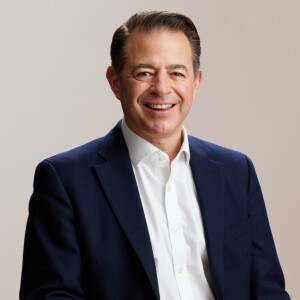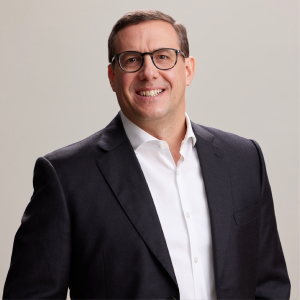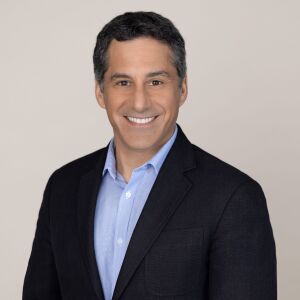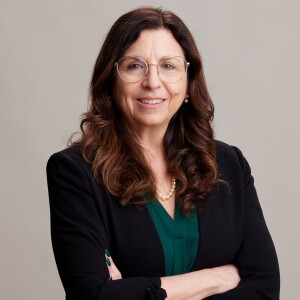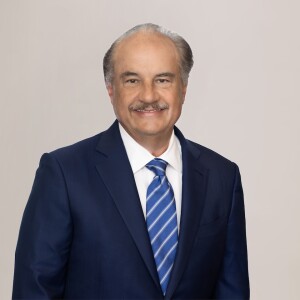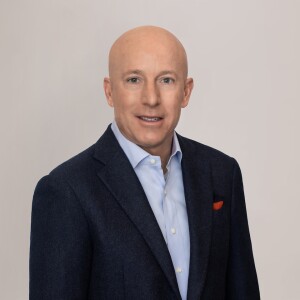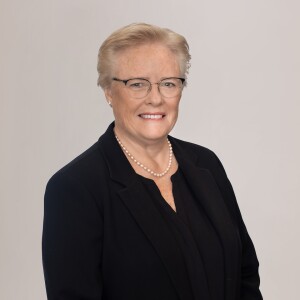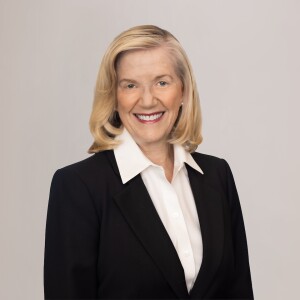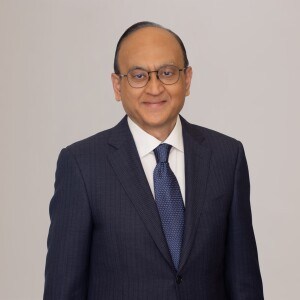Realize the extraordinary power of everyday care

Our values
We put people first
This incredible responsibility means every decision and action we take is guided by integrity and quality. Because when we put people first, performance will follow.
We care fiercely
Together, we create an inclusive place where we can bring our whole selves. Our committed collaboration fuels our relentless external competitive drive—because the stronger our bonds are, the stronger our brands and company are, too.
We earn trust with science
With leading science and knowledge, we educate and empower — so that when people need us, they can rely on our brands. We’ve earned their trust for more than a century, and we work diligently to earn it every day.
We solve with courage
We boldly pursue more innovative ways of working, pioneer solutions that improve lives, and create products that create categories — then improve them again and again.
Our brands
From gently cleaning tiny fingers during a baby’s first bath to protecting the vitality of your skin to soothing aches and pains — our products deliver safe, effective, everyday care at every stage of life.

Our name
Kenvue (pronounced ken·view) is inspired by two powerful ideas: “ken,” meaning “knowledge,” an English word primarily used in Scotland, and “vue,” referencing insight.
With rich knowledge of human needs and deep consumer insights, Kenvue delivers meaningful, personal health solutions.
We rely on science
We’ve always prioritized science as the core of how we provide care, and this will never change. We unearth real solutions to daily needs and bring them to consumers.
5 new Kenvue products that made our year
Our leadership team
Our leadership reflects our consumers and brings to Kenvue a wealth of experience and diversity of perspectives.
Stockholders, employees and others may contact any of our directors by writing to them c/o Corporate Secretary, Kenvue Inc., 199 Grandview Road, Skillman, NJ 08558. Employees, and others, who wish to contact the Board (or any member of the Audit Committee) to report any complaint or concern with respect to accounting, internal accounting controls, auditing matters or corporate governance may do so anonymously by using that address. Stockholders, employees and others may also contact any of the directors by sending an e-mail. General comments to the Company (including complaints or questions about a product) should be sent to the Company at www.kenvue.com/contact-us.















